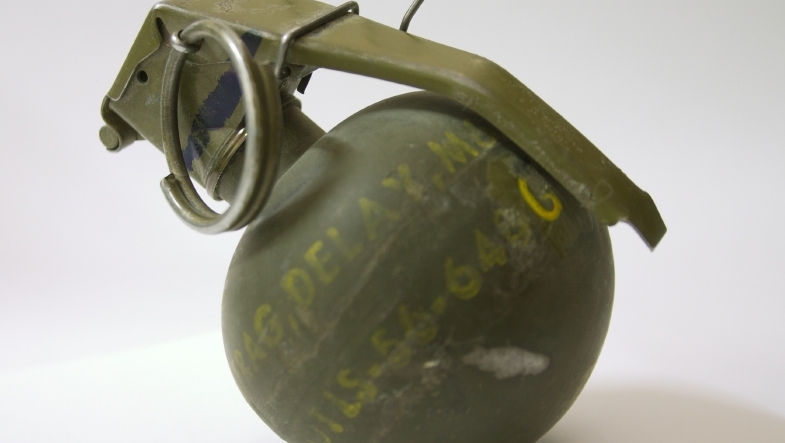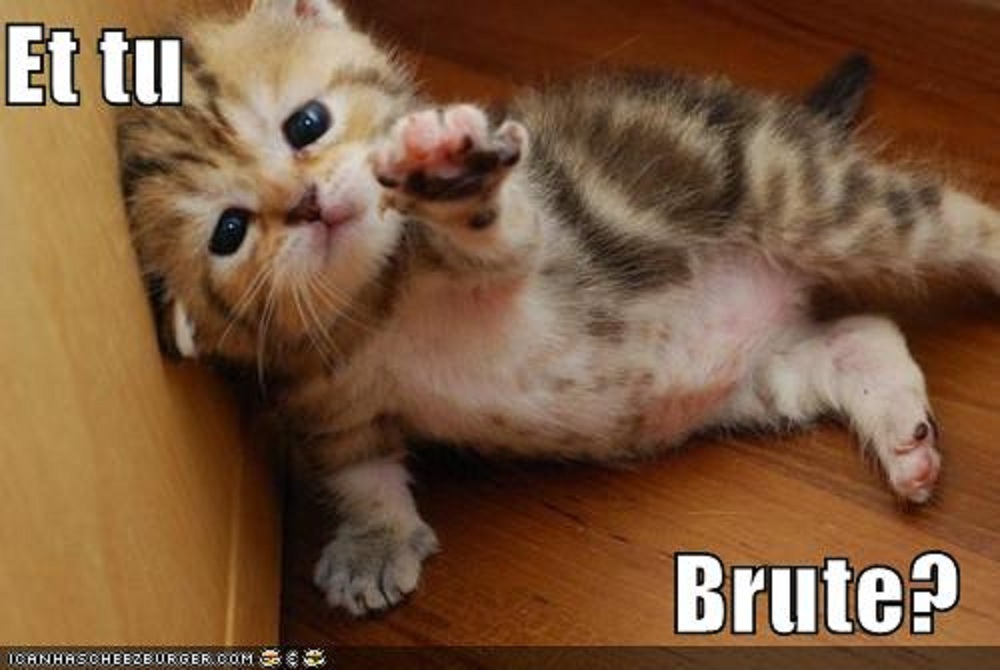With the recent mass confiscations of domain names in the Land of the free United States, it has become obvoius that politicians have discovered a kleptomaniac quick fix to all of their problems: confiscate or filter the domain names of unwanted material. This has already led to namespace fragmentation, which will accelerate wildly as techs and netfighters step up to fix the politicians’ damage.
80,000 domain names confiscated overnight. The politicians are on a rights violation spree and seem unstoppable. The Pirate Bay is already censored in Denmark, some 1,000 sites that are legal in US are censored in Sweden, et cetera.
The domain name system has already fragmented. The idea that a name would refer to the same website no matter where you were in the world only lasted as long as politicians hadn’t discovered a new domain over which to boss.
Glyn Moody points to a good article about the next step on this crusade, COICA, which would give the copyright industry stronger powers yet to cancel citizens’ freedom of speech with no accountability. The domain name of the Pirate Bay has already been on the to-cancel list, both in Sweden and in the United States, but authorities realized what they were doing at the last minute. Not that they realized the rights they were violating — they just realized they would get caught doing it in a, well, global shitstorm.
In any case, the countermove is to create a decentralized, uncensorable DNS structure. Brokep has been at it for some time, and others have the tech already developed, waiting for a reason to be deployed. Sadly, this means an inevitable fragmentation of the namespace, but it also means that politicians will get a very hard slap on the wrist about what happens when they muck about where they shouldn’t.
Of course, this decentralized, uncensorable namespace will benefit everyone, even the hardened criminals. That’s what happens when politicians try to make everybody a criminal.
So for a time, we may have to live with a fragmented namespace, where thepiratebay.org goes to different websites. But — and this is important — this is already the case, and technicians are trying to fix the problem. More rights violations will accelerate the growth of critical mass.
The ex-CEO of SAS (the airline, not the regiment) had a famous quote: “Politics will beat the market, but technology will always beat politics.”






Inevitable Frag of Domain Name System? – Falkvinge on Infopolicy http://ow.ly/4ize5
RT @Falkvinge: on #infopolicy: Inevitable Frag of Domain Name System? http://goo.gl/fb/twU2T
RT @falkvinge Inevitable Frag of Domain Name System? http://is.gd/VYjB6n #copyright #dns #infopolicy
Inevitable Frag of Domain Name System? http://bit.ly/fM7Wpn
It’s only good until sb. employs a botnet to redirect all banking sites to own servers.
Because there could surely be no other solution to authentication than DNSSEC with DNS, right?
Don’t be silly.
If the governments can just manage to keep their hands off the internet and not engage in DNS filtering, then surely a fragmented namespace is not a “benefit”. Anyway, it’s a very good article – found it the other day via Techdirt.
Btw. the CSS text-shadow style that you apply to links makes the link text very hard to read. I’d really recommend that you remove that. Maybe it looks good on some systems and some screens, here it unfortunately looks really crappy.
Confiscating a domain name is not only censorship but also identity theft and privacy violation. What of people who use email and open id on their domain? Not to mention countless other critical systems that can be tied to a domain name.
Domains are not just about websites.